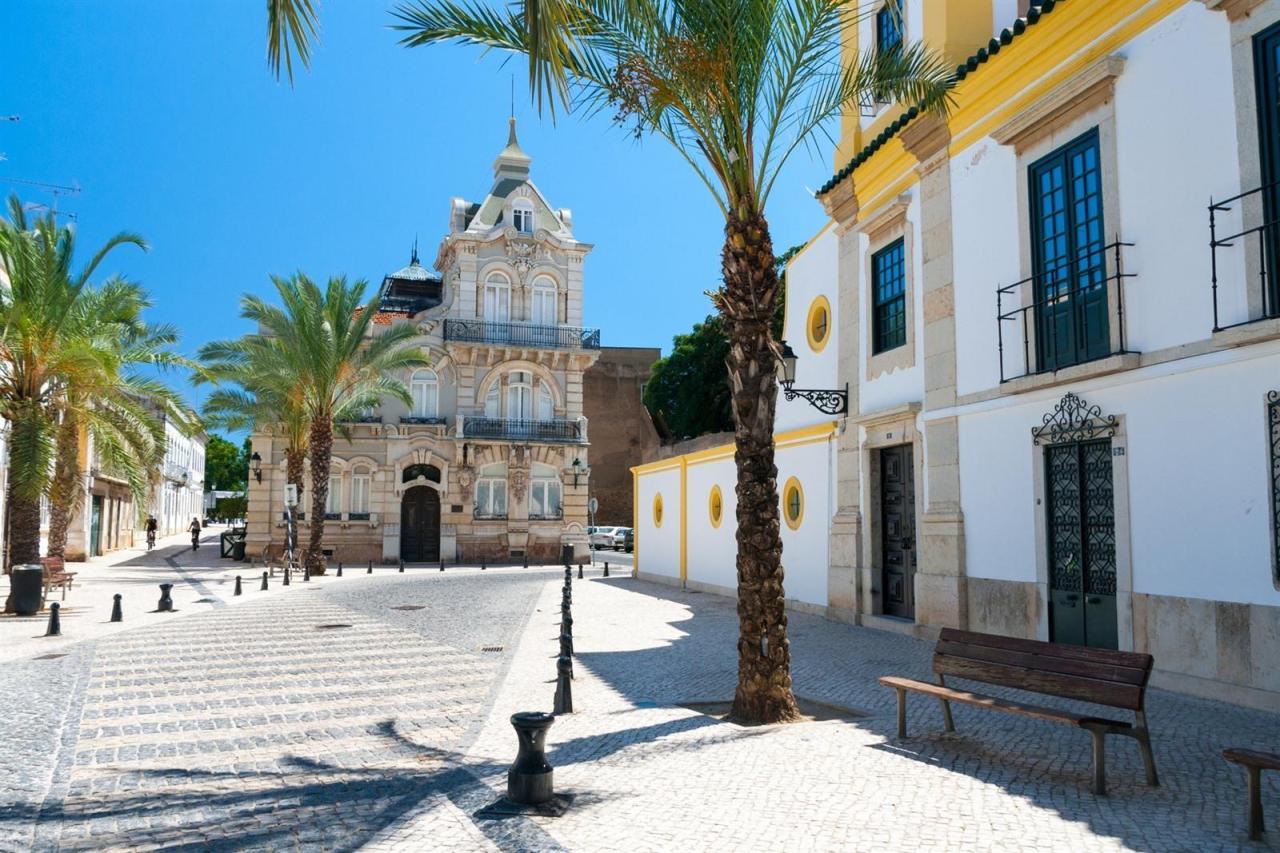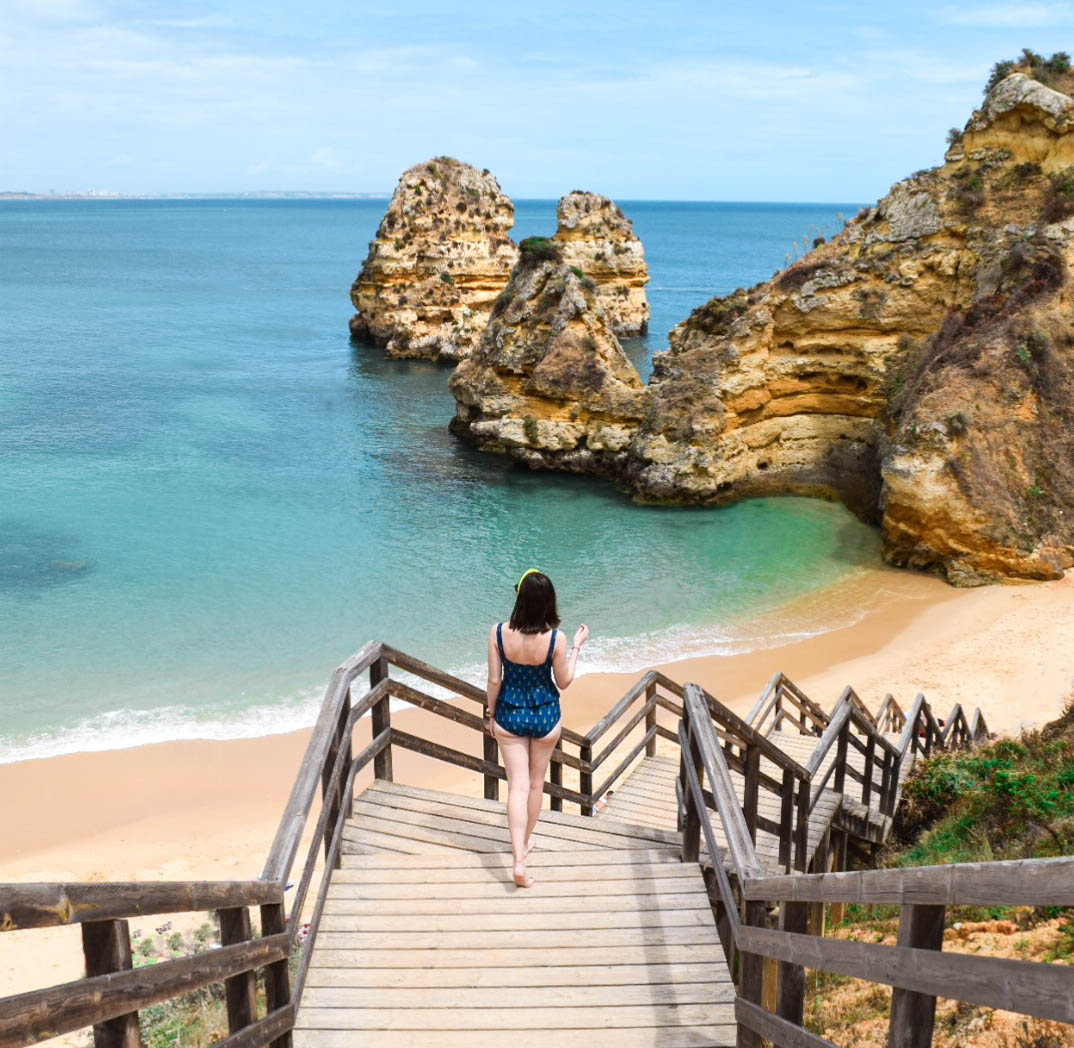Algarve Work Environment
Gallery: At work in the Algarve! – The Algarve, Portugal’s southernmost region, offers a unique work environment shaped by its thriving tourism industry and a relaxed, sun-drenched lifestyle. However, this picturesque setting masks a diverse range of employment sectors and a work culture that blends traditional Portuguese values with modern European influences.
Work Environment Across Sectors
The Algarve’s work environment varies significantly across sectors. The tourism sector, a dominant force, features a highly seasonal nature with peak activity during the summer months. This leads to a fluctuating job market, with many roles focused on hospitality, catering, and leisure activities. In contrast, the agricultural sector provides more stable, year-round employment, albeit often with lower wages. Other sectors, such as construction and technology, are growing, offering more diverse employment opportunities.
Comparison with Other European Regions
Compared to other European regions, the Algarve’s work culture is generally more relaxed and informal. While professionalism is still expected, the emphasis on work-life balance is stronger. This contrasts with the more formal and fast-paced environments found in major cities like London or Paris. However, the Algarve is also increasingly attracting international companies, bringing with them more structured and demanding work environments.
Challenges and Opportunities in Algarve Employment
Working in the Algarve presents both challenges and opportunities. Seasonality in many sectors can lead to job insecurity, and wages may be lower compared to other parts of Europe. However, the region offers a high quality of life, a pleasant climate, and a growing economy, attracting skilled workers from across the globe. The relatively lower cost of living compared to other European hotspots is also a significant draw.
Average Salaries in the Algarve
| Profession | Average Annual Salary (€) |
|---|---|
| Hotel Manager | 30,000 – 45,000 |
| Software Developer | 28,000 – 40,000 |
| Teacher | 20,000 – 30,000 |
| Construction Worker | 18,000 – 25,000 |
Note: These are approximate figures and can vary based on experience and employer.
Industries in the Algarve
The Algarve’s economy is largely driven by a few key industries, each with its own growth potential and impact on employment.
Dominant Industries and Growth Potential
Tourism remains the Algarve’s dominant industry, contributing significantly to its GDP and employment. However, the region is actively diversifying its economy, with growth in sectors like technology, renewable energy, and agriculture. The agricultural sector, while traditionally important, is undergoing modernization and focusing on high-value products to increase profitability. The technology sector is attracting investment and creating new jobs, particularly in areas such as software development and digital marketing.
Tourism’s Economic Impact
Tourism’s impact on the Algarve’s economy is undeniable. It creates numerous jobs, directly and indirectly, and generates substantial revenue. However, the seasonality of tourism can create economic instability, and efforts are underway to mitigate this through initiatives promoting year-round tourism and diversification of the economy.
Significant Companies in the Algarve
- Several large international hotel chains
- Local agricultural cooperatives
- Growing number of tech startups and IT companies
- Construction firms involved in infrastructure projects
Lifestyle and Work-Life Balance
The Algarve offers a unique lifestyle that significantly influences the work-life balance of its residents. The region’s laid-back culture and stunning natural beauty contribute to a more relaxed pace of life compared to many other European destinations.
Work-Life Balance Compared to Other Destinations
The Algarve generally boasts a better work-life balance than many major European cities. The emphasis on enjoying leisure time, the proximity to beaches and outdoor activities, and the generally slower pace of life contribute to this. However, the seasonality of certain industries can still impact work-life balance, particularly in the tourism sector.
Hypothetical Daily Schedule of an Algarve Worker

A typical daily schedule might involve starting work around 9 am, taking a longer lunch break to enjoy the sunshine, and finishing around 6 pm. Evenings and weekends are often dedicated to outdoor activities, spending time with family and friends, or simply relaxing on the beach.
Popular Recreational Activities
- Beach activities (swimming, sunbathing, surfing)
- Hiking and exploring the natural parks
- Golfing
- Water sports
- Enjoying the local cuisine and nightlife
Visual Representation of Algarve Workplaces: Gallery: At Work In The Algarve!
The architectural styles and overall aesthetic of Algarve workplaces vary depending on the sector and the age of the building. However, some common features and sensory details create a distinctive visual experience.
Architectural Styles and Office Setups
Older buildings often feature traditional Portuguese architecture, with whitewashed walls, terracotta roofs, and charming courtyards. Modern workplaces, especially in the tech sector, may adopt more contemporary designs. Office setups range from traditional cubicles to open-plan spaces, often incorporating natural light and outdoor views.
Sensory Description of a Typical Workplace
Imagine a bright, airy office space with large windows overlooking a lush green landscape. The air is filled with the scent of sea breeze and the gentle sound of birdsong. Sunlight streams through the windows, illuminating the workspace. The walls are painted in calming, neutral tones, and comfortable furniture encourages a relaxed yet productive atmosphere.
Visual Appeal Emphasizing Natural Light and Surroundings, Gallery: At work in the Algarve!
Many Algarve workplaces prioritize natural light and incorporate elements of the surrounding environment into their design. This creates a visually appealing and inspiring workspace, fostering a positive and productive atmosphere. The integration of natural materials, such as wood and stone, further enhances the aesthetic appeal.
Challenges and Opportunities for Remote Workers
The Algarve presents a compelling backdrop for remote workers, offering a unique blend of professional opportunities and lifestyle advantages. However, several factors need to be considered.
Challenges Faced by Remote Workers
Challenges for remote workers include the potential for seasonal internet connectivity issues in some areas, limited co-working spaces outside of major towns, and the need for reliable transportation to access amenities. The language barrier could also pose a challenge for some.
Opportunities for Remote Workers
The Algarve offers a high quality of life, a pleasant climate, and a relatively low cost of living, making it attractive for remote workers. The growing number of digital nomads and remote workers is creating a supportive community and boosting local infrastructure.
Infrastructure Comparison with Other Locations

Compared to other popular remote work destinations, the Algarve’s infrastructure is developing rapidly but still lags behind some locations with more established digital nomad communities. However, reliable internet access is available in most populated areas, and the region is steadily improving its infrastructure to cater to the growing demand from remote workers.
Resources for Remote Workers
- Several co-working spaces are emerging in major towns.
- Numerous cafes and restaurants offer reliable Wi-Fi.
- Online communities and forums connect remote workers in the region.
Transportation and Commute
Transportation options in the Algarve are diverse, ranging from well-established public transport networks to readily available private transportation services. The ease and efficiency of commuting, however, vary significantly depending on location.
Modes of Transportation
Public transportation includes buses, which cover most of the region, and trains that connect major towns and cities. Private transportation options include cars, taxis, and ride-sharing services. Many people also utilize bicycles, especially within towns and for shorter distances.
Typical Commute Experience
Commute times and experiences vary greatly depending on location. In densely populated areas, commutes can be longer and potentially more congested, particularly during peak hours. However, in smaller towns and villages, commutes are generally shorter and less stressful.
Commute Times in Different Areas
Commute times are significantly shorter in smaller towns and villages compared to larger cities like Faro or Lagos. Areas further inland may require longer commutes due to limited public transportation options. Coastal areas tend to have more accessible transport, but parking can be a challenge during peak season.
Impact of Transportation on Work-Life Balance
Efficient and reliable transportation is crucial for maintaining a good work-life balance. Shorter commute times allow for more leisure time and reduce stress levels. Access to diverse transportation options also provides flexibility and enhances overall convenience.